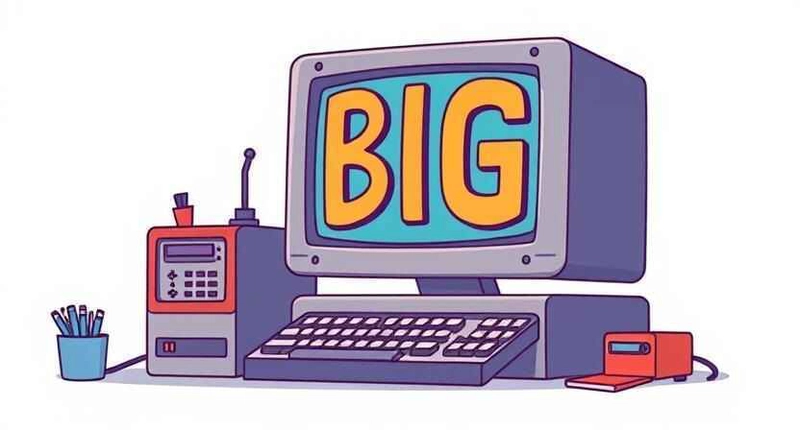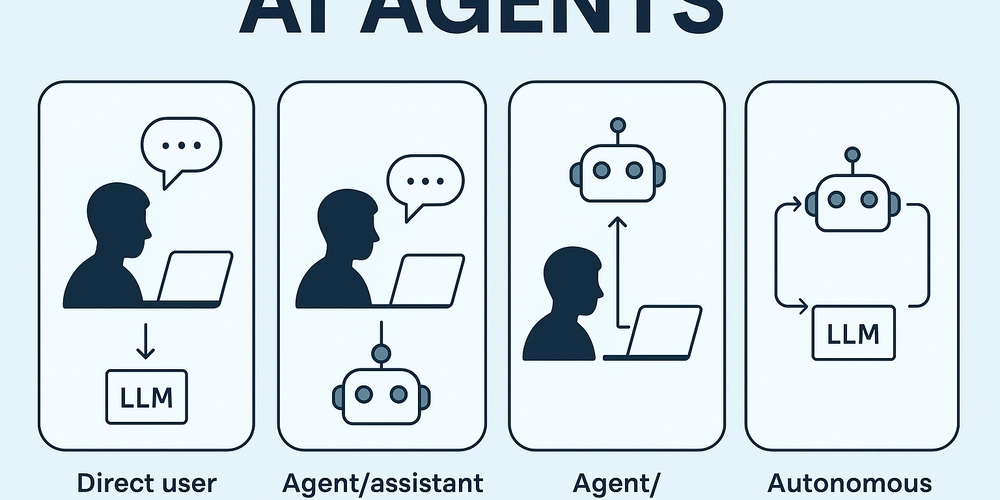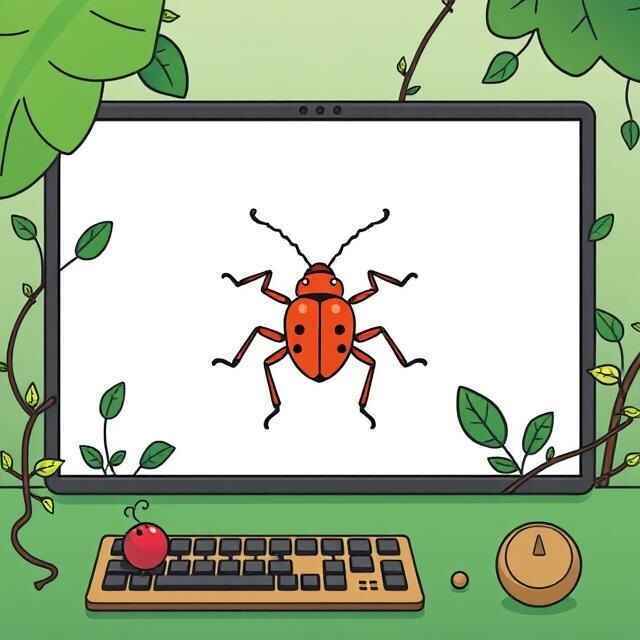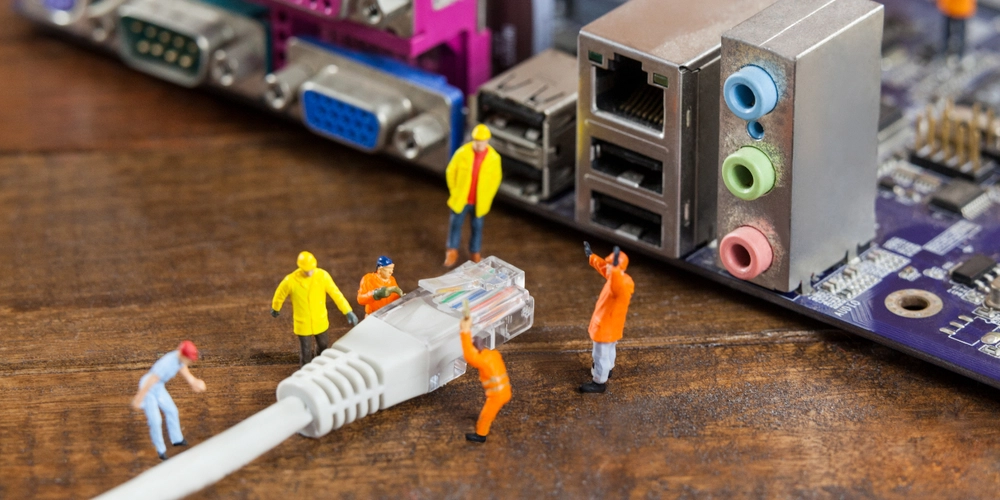10 Cool Computer Facts That'll Surprise You
Introduction We use computers every day, but have you ever stopped to think about how crazy they actually are? These machines have changed the world, and they’re still evolving at lightning speed. Whether you’re just curious or looking for fun facts about computers, this list is packed with cool, surprising, and useful things you probably didn’t know. Let’s dive in! 1. The First Computers Were the Size of a Room! Today, a laptop fits in your bag, but early computers? They were massive. One of the first, ENIAC (built in 1945), was so big it needed 1,800 square feet of space and weighed 27 tons. Imagine a computer that took up an entire house—and yet, your phone today is a million times faster than that machine. If you're curious about how computers transformed from giant machines to ultra-fast smartphones, check out this in-depth timeline on the evolution of computers. Why does this matter? It shows just how far we’ve come. Technology is shrinking, getting smarter, and who knows? Maybe in the future, computers will be invisible, built right into everyday objects! 2. The First "Computer Bug" Was an Actual Insect! You’ve heard the term "bug" when a program crashes, right? Well, the first "computer bug" was a real moth that got stuck inside a computer’s circuits in 1947. Scientist Grace Hopper found it and joked about "debugging" the system, and the term has been used ever since. Why does this matter? Even today, software bugs are everywhere - from apps crashing to video games freezing. That’s why companies constantly release updates to "fix bugs." 3. Supercomputers Are Insanely Fast! Your laptop feels fast, but supercomputers? They are on another level. The Fugaku supercomputer in Japan can do 442 quadrillion calculations per second. That’s so fast that if a human did one math problem per second, it would take them 14 million years to match what Fugaku does in one second. Why does this matter? Supercomputers help with weather forecasts, medical research, AI, and space exploration. Basically, they’re pushing science forward at an insane speed. 4. Your Keyboard is Probably Dirtier Than a Trash Can!

Introduction
We use computers every day, but have you ever stopped to think about how crazy they actually are? These machines have changed the world, and they’re still evolving at lightning speed. Whether you’re just curious or looking for fun facts about computers, this list is packed with cool, surprising, and useful things you probably didn’t know. Let’s dive in!
1. The First Computers Were the Size of a Room!
Today, a laptop fits in your bag, but early computers? They were massive. One of the first, ENIAC (built in 1945), was so big it needed 1,800 square feet of space and weighed 27 tons. Imagine a computer that took up an entire house—and yet, your phone today is a million times faster than that machine.

If you're curious about how computers transformed from giant machines to ultra-fast smartphones, check out this in-depth timeline on the evolution of computers.
Why does this matter?
It shows just how far we’ve come. Technology is shrinking, getting smarter, and who knows? Maybe in the future, computers will be invisible, built right into everyday objects!
2. The First "Computer Bug" Was an Actual Insect!
You’ve heard the term "bug" when a program crashes, right? Well, the first "computer bug" was a real moth that got stuck inside a computer’s circuits in 1947. Scientist Grace Hopper found it and joked about "debugging" the system, and the term has been used ever since.
Why does this matter?
Even today, software bugs are everywhere - from apps crashing to video games freezing. That’s why companies constantly release updates to "fix bugs."
3. Supercomputers Are Insanely Fast!
Your laptop feels fast, but supercomputers? They are on another level. The Fugaku supercomputer in Japan can do 442 quadrillion calculations per second. That’s so fast that if a human did one math problem per second, it would take them 14 million years to match what Fugaku does in one second.
Why does this matter?
Supercomputers help with weather forecasts, medical research, AI, and space exploration. Basically, they’re pushing science forward at an insane speed.










































































































































































![[The AI Show Episode 142]: ChatGPT’s New Image Generator, Studio Ghibli Craze and Backlash, Gemini 2.5, OpenAI Academy, 4o Updates, Vibe Marketing & xAI Acquires X](https://www.marketingaiinstitute.com/hubfs/ep%20142%20cover.png)



























































































































![[FREE EBOOKS] The Kubernetes Bible, The Ultimate Linux Shell Scripting Guide & Four More Best Selling Titles](https://www.javacodegeeks.com/wp-content/uploads/2012/12/jcg-logo.jpg)



![From drop-out to software architect with Jason Lengstorf [Podcast #167]](https://cdn.hashnode.com/res/hashnode/image/upload/v1743796461357/f3d19cd7-e6f5-4d7c-8bfc-eb974bc8da68.png?#)






































































































.png?#)




.jpg?#)
































_Christophe_Coat_Alamy.jpg?#)







































































































![Rapidus in Talks With Apple as It Accelerates Toward 2nm Chip Production [Report]](https://www.iclarified.com/images/news/96937/96937/96937-640.jpg)










































































































































![[Tutorial] Chapter 4: Task and Comment Plugins](https://media2.dev.to/dynamic/image/width=800%2Cheight=%2Cfit=scale-down%2Cgravity=auto%2Cformat=auto/https%3A%2F%2Fdev-to-uploads.s3.amazonaws.com%2Fuploads%2Farticles%2Ffl10oejjhn82dwrsm2n2.png)
